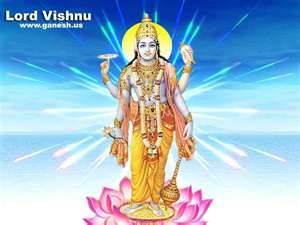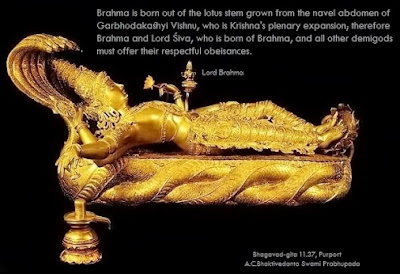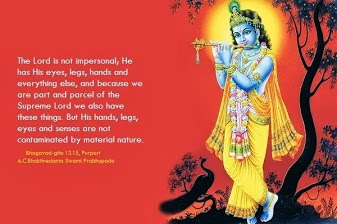Skandham-5. Chapter-2. Slokam-15. :

O best among those performing austerities, where did you get this wonderful beauty that dismantles the austerities performed by others? Where have you learned this art? What austerity have you undergone to achieve this beauty, my dear friend? I desire that you join me to perform austerity and penance, for it may be that the creator of the universe, Lord Brahmä, being pleased with me, has sent you to become my wife. Agnidhra appreciated the wonderful beauty of Purvacitti. Indeed, he was surprised to see such exceptional beauty, which must have been the result of past austerities and penances. He therefore asked the girl whether she had achieved such beauty just to break the penances and austerities of others. He thought that Lord Brahma, the creator of the universe, might have been pleased with him and might therefore have sent her to become his wife. He requested Purvacitti to become his wife so that together they could perform austerities and penances in family lif





















